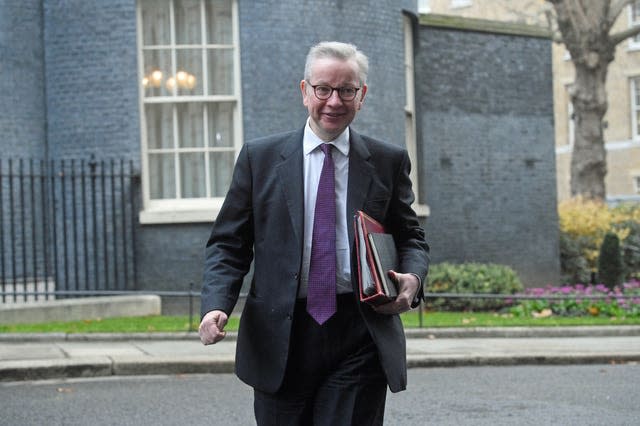Businesses need more support for Brexit bureaucracy, insists Scottish minister
Scotland’s Economy Secretary has called for support for businesses to cut through bureaucracy post-Brexit, as well as a simplification of new trading rules.
In a letter to Cabinet Office minister Michael Gove, Fiona Hyslop said firms in Scotland will need financial backing – she suggests grants or tax credits – to enable them to hire customs advisers to decipher new rules following the end of the transition period.
Her call comes after the Road Haulage Association told a Scottish Parliament committee that companies have had to become “their own customs clerks”, because of a lack of qualified agents.
The UK Government has already announced a £20 million fund for small and medium (SME) businesses to deal with issues caused by the new rules.
Ms Hyslop said: “Our ask of the UK Government is to provide urgent financial support, in the form of tax credits, vouchers or grants, so that small businesses can make full use of the services of customs brokers/agents – and so that the supply of trained, capable advisers increases to meet demand.

“This is likely to exceed the scope of the SME Brexit support fund. It is also needed urgently before confidence and customer relationships are irretrievably lost.”
Ms Hyslop also pushed for a number of simplifications in the trading process, particularly around rules of origin, which she said are “proving particularly challenging for businesses”.
She said: “Faced with this complexity and cost, some will choose to cease, or will no longer be able, to trade with Europe. We know that others are considering relocating substantial parts of their business operations, and the associated jobs and investment, from Scotland to the EU to circumvent rules of origin requirements.”
Ms Hyslop also urged ongoing talks with the European Commission to simplify VAT rules for trading goods, which she said are “adding a further layer of complexity to trade”.
She added: “Businesses are struggling to understand and comply with the different sets of VAT rules that apply in the 27 EU member states.
“Again, SMEs with less experience, capacity or resources to absorb the costs and complexities of these additional processes are experiencing most difficulties.”


